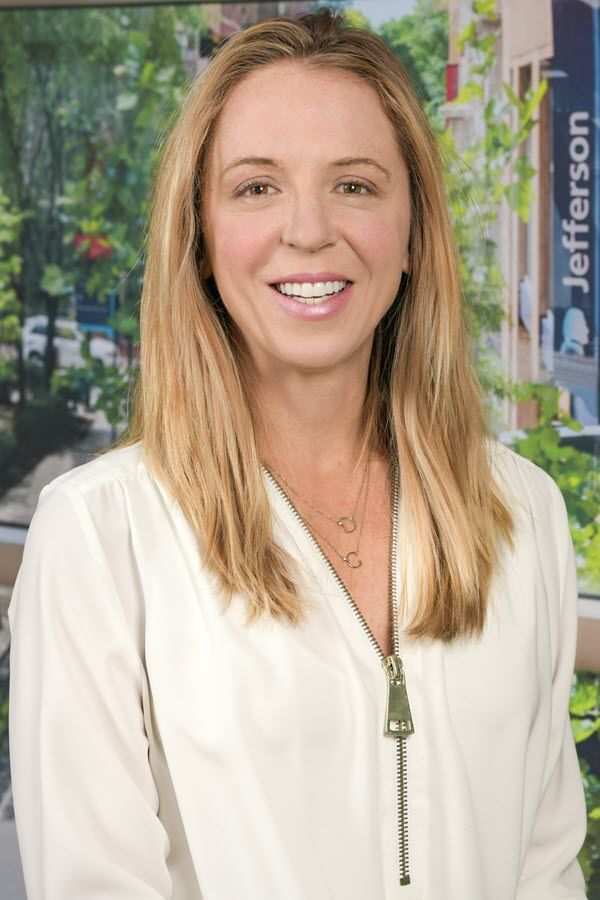A Cannabis Expert Answers Your Questions About Medical Marijuana

Courtesy of Getty Images
Brooke Worster is an Associate Professor of Medicine and the Medical Director at the Neu Center for Supportive Medicine and Cancer Survivorship. She is also Program Director, Cannabis Medicine in the Science and Business Master’s Program at Thomas Jefferson University. Brooke also serves as Chief Medical Advisor for Ethos. Here, she answers questions about medical marijuana research and Pennsylvania law surrounding cannabis access.
What brought you to study medical marijuana?
My work in cancer and supportive medicine directly brought me into the medical marijuana space because patients and their family members were constantly asking me about how it could help.

Courtesy of Ethos Pennsylvania
Years ago, this subject was very hush-hush — my patients would hear about medical marijuana from a neighbor, or a friend would bring back some products from California. Marijuana as medicine is no longer a game of telephone. There are so many opportunities from educational, clinical care and research perspectives in the space.
I had no exposure to marijuana in my medical training, and it felt like this huge hole in my knowledge. I owed it to my patients to have better conversations. It’s in a physicians’ best interest to understand how and why a patient wants to try medical marijuana and understand how it fits into their course of treatment.
What barriers do you see patients facing today?
Most patients aren’t comfortable navigating their way through the entire process, from discussions with their medical providers to the experience in a dispensary, which creates a sizable barrier. We have heard this directly from patients in our research as well as in my clinical care. When patients feel stuck for information, they struggle to get help at the dispensary, and when their doctor can’t talk about it, marijuana becomes this elephant in the room. Every single patient in our studies said that they wished their regular doctors would talk about medical marijuana with them.
What is being done today to improve our knowledge around medical marijuana?
To bypass restrictions on the use of Schedule 1 substances for research, Pennsylvania created a special class of dispensary license which requires the license holder to partner with a research institution — called an Academic Clinical Research Center — for purposes of advancing medical marijuana research. Thomas Jefferson University’s Sidney Kimmel Medical College has partnered with Ethos, providing that rare avenue for doctors, patients, and researchers to explore medical marijuana in a clinical setting. Jefferson stepped up with Ethos to say, ‘Let’s break down some of these barriers and find a way where we can research marijuana without relying on federal funding.’ We are changing the culture and breaking barriers that will further integrate marijuana medicine into healthcare and reduce disparities in access and education surrounding use.
Find more information on Brooke Worster and her research at: https://ethoscannabis.com/about/research/
This post was produced and paid for by Ethos Pennsylvania